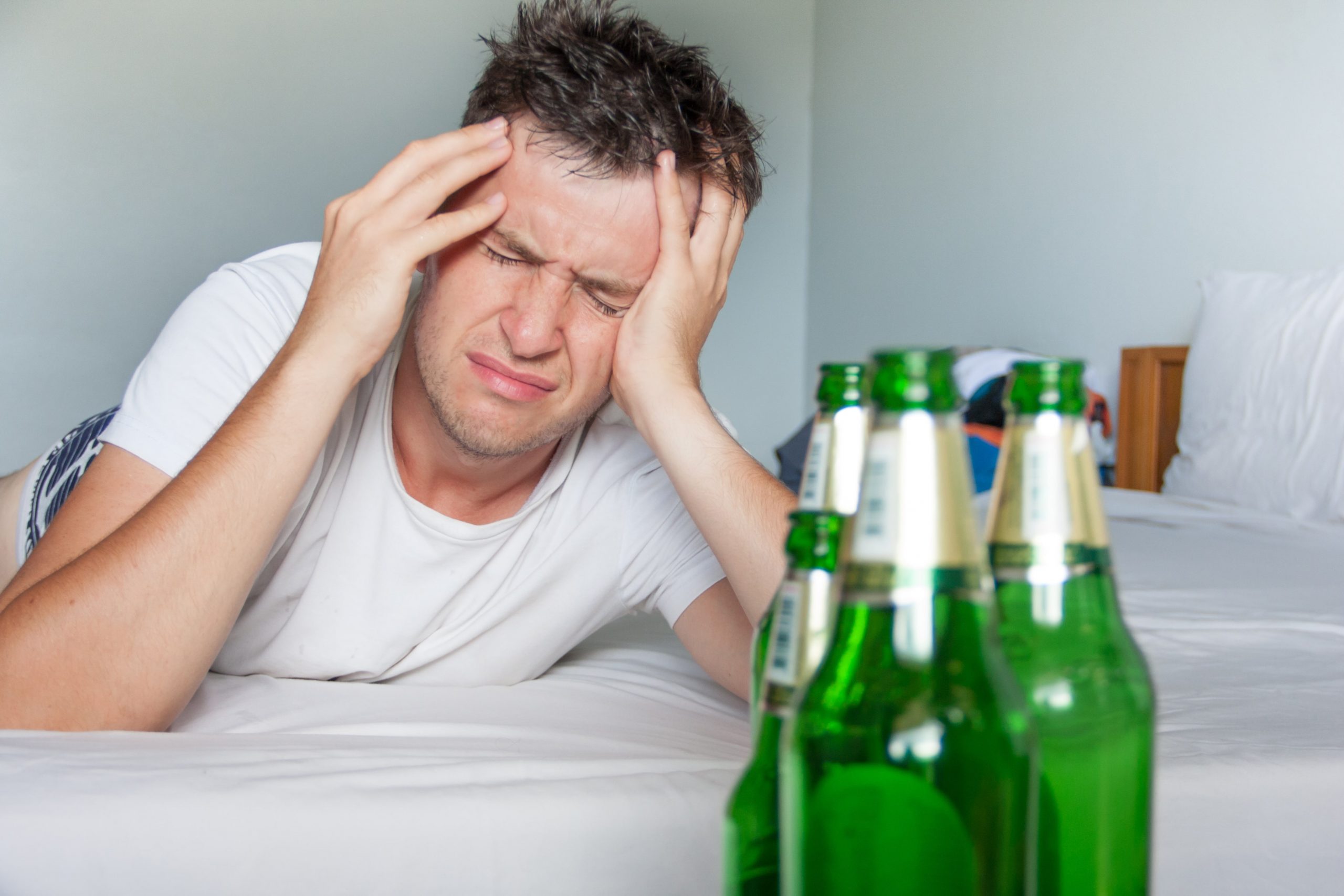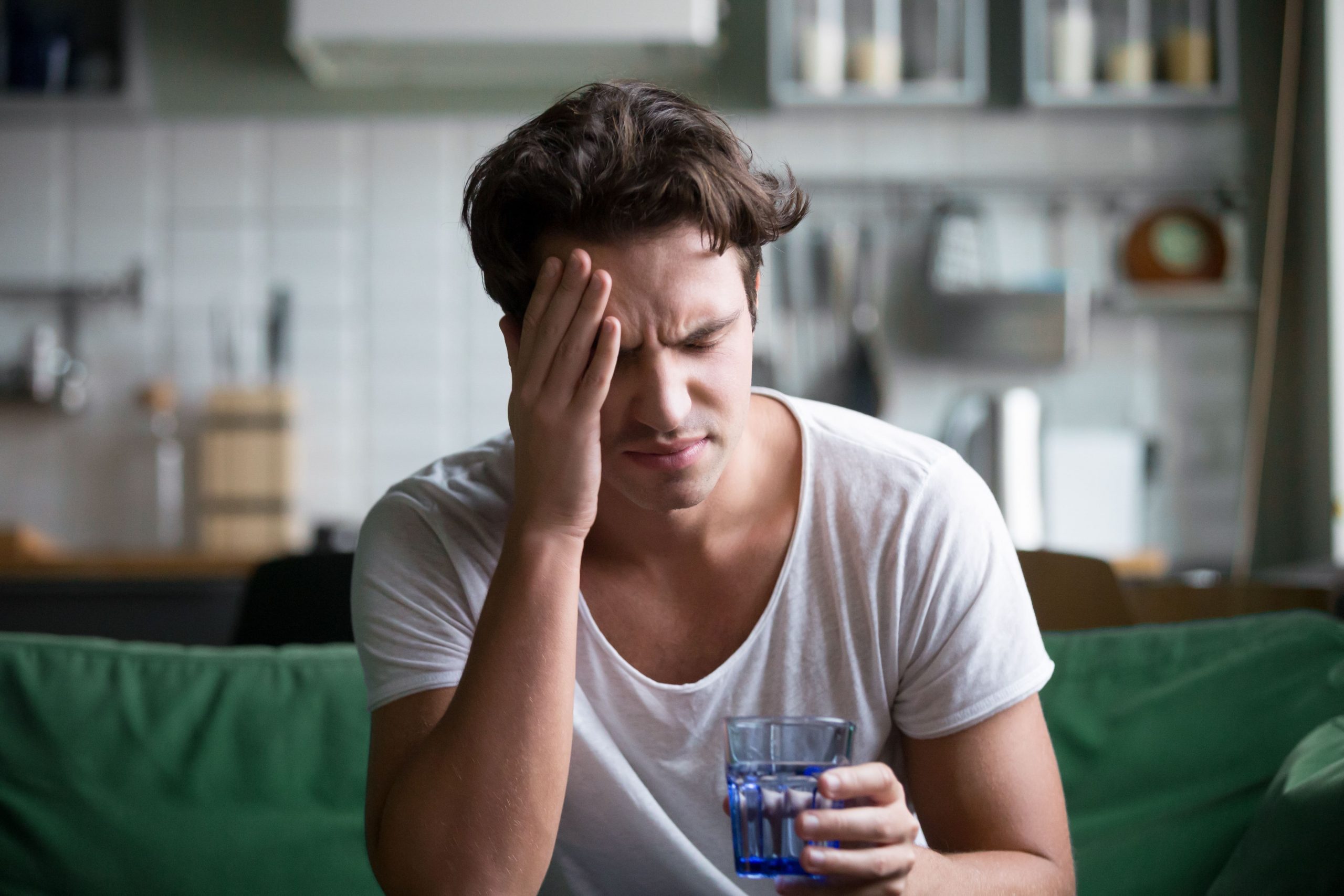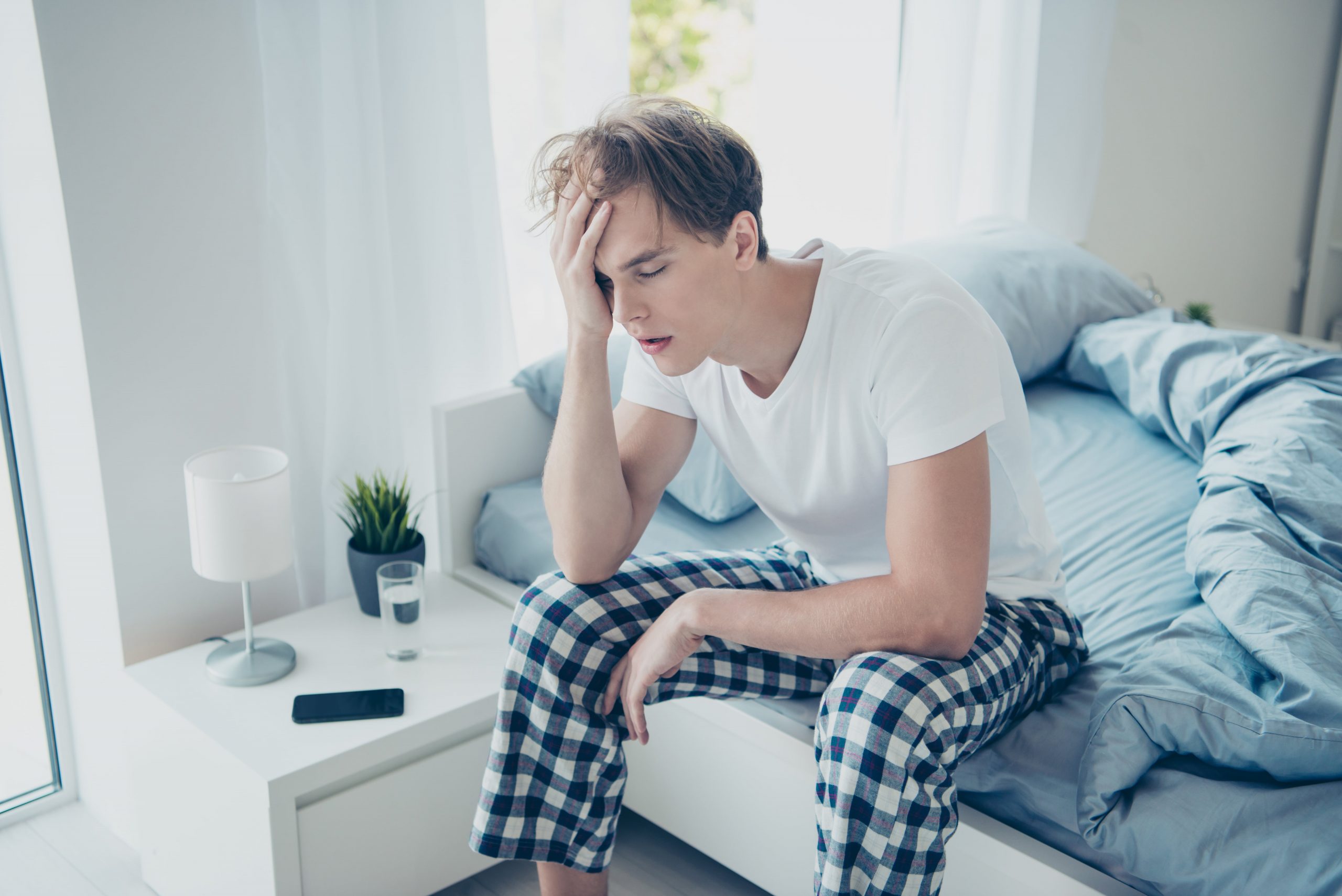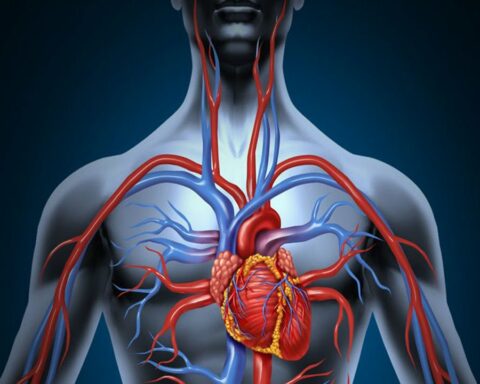A hangover is usually the wasted feeling that someone experiences in the morning after over-drinking alcohol the previous evening. Symptoms include dehydration, headache, tiredness, vomiting, and nausea. The extent of an individual’s hangover depends on what type of alcohol they drank, how much, how long they slept, or if they had any water or food.
Many people lead active drinking lives, andhangovers are not uncommon. Many young people have taken beer consumption as a priority, and most lack sufficient knowledge on the right amount to drink and call it a day. The more alcohol someone consumes, the higher the chances of experiencing severe hangovers the next morning, but luckily for them, this blog will focus on ways to prevent this woeful feeling.
Hydrate While You Drink
Alcohol is a diuretic, elevating a person’s need to urinate and making some people vulnerable to dehydration. Drinking enough water alongside alcoholic beverages can assist a person in staying hydrated. This lowers the symptoms of dehydration, such as fatigue, thirst, and headaches. When you hydrate with water or other soft drinks while drinking, the effects of alcohol the next day are reduced. Ensure that other drinks are available like soda water and fresh lime, mixing spirits, or turning wine into a soda-spritzer.
Again, you can request a glass of water alongside an alcoholic drink. Nutritionists infer that this action reduces your sugar intake, which helps to stabilize blood sugars. Fortunately, dehydration is easy to overcome by ensuring that adequate water is taken. It is recommended that you take a glass of water or other non-alcoholic drinks between beverages and take some before sleeping.
Avoid Beverages Rich in Congeners
Ethanol is the major active ingredient in alcoholic drinks, but they also contain varying amounts of congeners. During fermentation, congeners are synthesized, and science explains that congeners are toxic chemicals consisting of isopentane, acetone, and methanol. Alcoholic drinks rich in congeners appear to increase the frequency and intensity of hangovers. Some studies show that methanol, a common congener, is heavily linked with hangover symptoms. Drinks rich in congeners include whiskey, tequila, and cognac.
Bourbon whiskey contains the highest number of congeners. Another research done on colorless drinks like gin, rum, and vodka contains low levels of congeners. Vodka has almost no congeners. Studies compared the effects of whiskey (high in congeners) and vodka (low in congeners).
Get Enough Sleep
Alcohol is known to interfere with sleep. Doing so can impair both the sleep duration and the quality while disrupting your entire schedule. This may result in an erratic sleep pattern. Although insufficient sleep does not cause most hangover symptoms, it may lead to fatigue and irritability. Frequent alcohol consumption can disrupt your sleep schedule, which might be counterintuitive in the long term.
After drinking, ensure you sleep for at least 8 hours the following morning. By getting a good night’s sleep, a person can assist the body to recover from the previous night. Adequate rest helps your body relax; therefore, give yourself plenty of time to sleep in after a night of celebration.
Avoid or Drink in Moderation
The severity of hangovers escalates with the quantity of alcohol consumed. The best option is to avoid alcohol or drink in moderation if you must. The quantity of alcohol required to cause this condition differs among individuals. Some people need only 1-2 drinks, while others need much more. Research shows that 23% of people do not seem to get hangovers regardless of the amount they consume. Dietary Guidelines for Americans proposed that only adults of legal age should take alcohol.
Additionally, they should consume in moderate amounts consisting of; up to one and two drinks per day for women and men respectively. The severity of hangovers is directly associated with alcohol intake. Relenting the consumption of alcoholic drinks is the best way to avoid hangovers.
Consider Supplements
Inflammation aids the body in repairing damaged tissues and fighting infections. Studies suggest that many hangovers’ symptoms are contributed by low-grade inflammation. Evidence reveals that some anti-inflammatory drugs are quite effective against this condition. Multiple plant-based foods and medicinal herbs may also lower inflammation and aid in preventing hangovers. Supplements that cause a great impact include ginger, prickly pear, and red ginseng.
Prickly pear is obtained from cactus Opuntia Ficus-indica which is known to be native to Mexico. A research of 55 young, healthy people was carried out. They were taking prickly pear extract five hours before drinking. The results showed that that extract reduced the risk of a severe hangover by 62%. Many people benefit from taking these herbs with anti-inflammatory properties and a great ability to prevent a hangover.
Have A Drink the Following Morning
Diagnosing a hangover by another drink appears paradoxical. Despite that, it is a popular remedy often referred to by the phrase (the dog’s hair). Consumption of more alcohol is believed to affect the metabolism of methanol, a well-known congener contained in trace amounts in some beverages. After drinking, the body converts methanol into formaldehyde, a highly toxic compound.
Formaldehyde can also cause hangover symptoms. However, drinking alcohol the following morning can relent this conversion process after excessive consumption, preventing formaldehyde formation. Instead, methanol is released harmlessly from the body via urine or breath. It explains why ethanol treats methanol poisoning. That said, taking another drink in the morning is highly discouraged as a hangover remedy as it may delay the inevitable.
Conclusion
Drinking in moderation or avoiding is the best way to combat a hangover. Several ways may assist in lowering the severity of hangovers. They include drinking plenty of water, taking a healthy breakfast, acquiring enough sleep, and avoiding drinks rich in congeners. However, it is necessary to know that excessive and even moderate drinking can harm a person’s long-term or short-term health. People who drink an excessive amount of alcohol have the risk of certain cancers, heart and liver diseases in their bodies. The chances of developing these conditions increase over time with the quantity of alcohol a person consumes.








